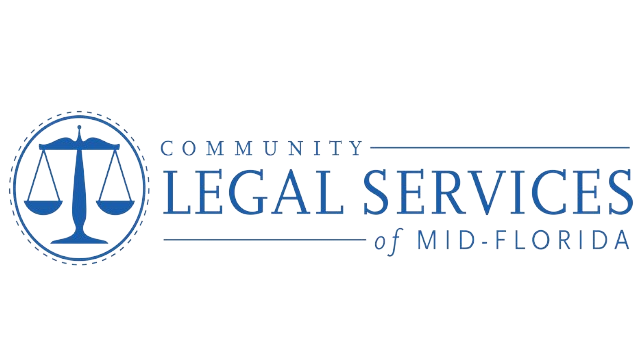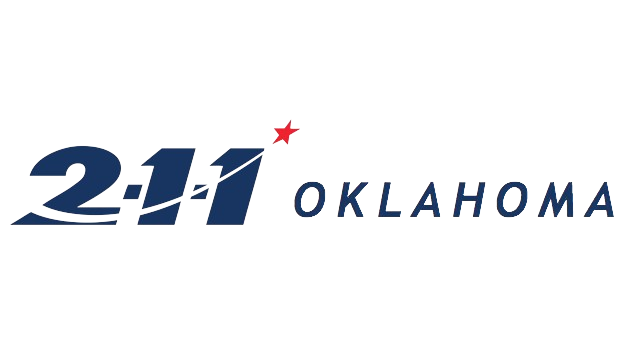Month: December 2016
-

The Florida Legal Resource Directory Project
[Update: This pilot has come to a successful conclusion! Read our final report here.] Legal problems: sometimes you don’t even know you have one until it’s too late. When it comes to people with low incomes, legal problems of various kinds — issues with landlords, family disputes, rejected benefits, etc — can be outright debilitating. Yet while…
-

Open Referral in Oklahoma!
This is a guest post from Aaron Bean of Asemio. Welcome, Aaron! We’re pleased to introduce the first iteration of the Oklahoma Open 2-1-1 project, which is leveraging the Ohana platform and the Open Referral format to make it easier for Oklahoma residents to find and share information about community resources that can help improve…
